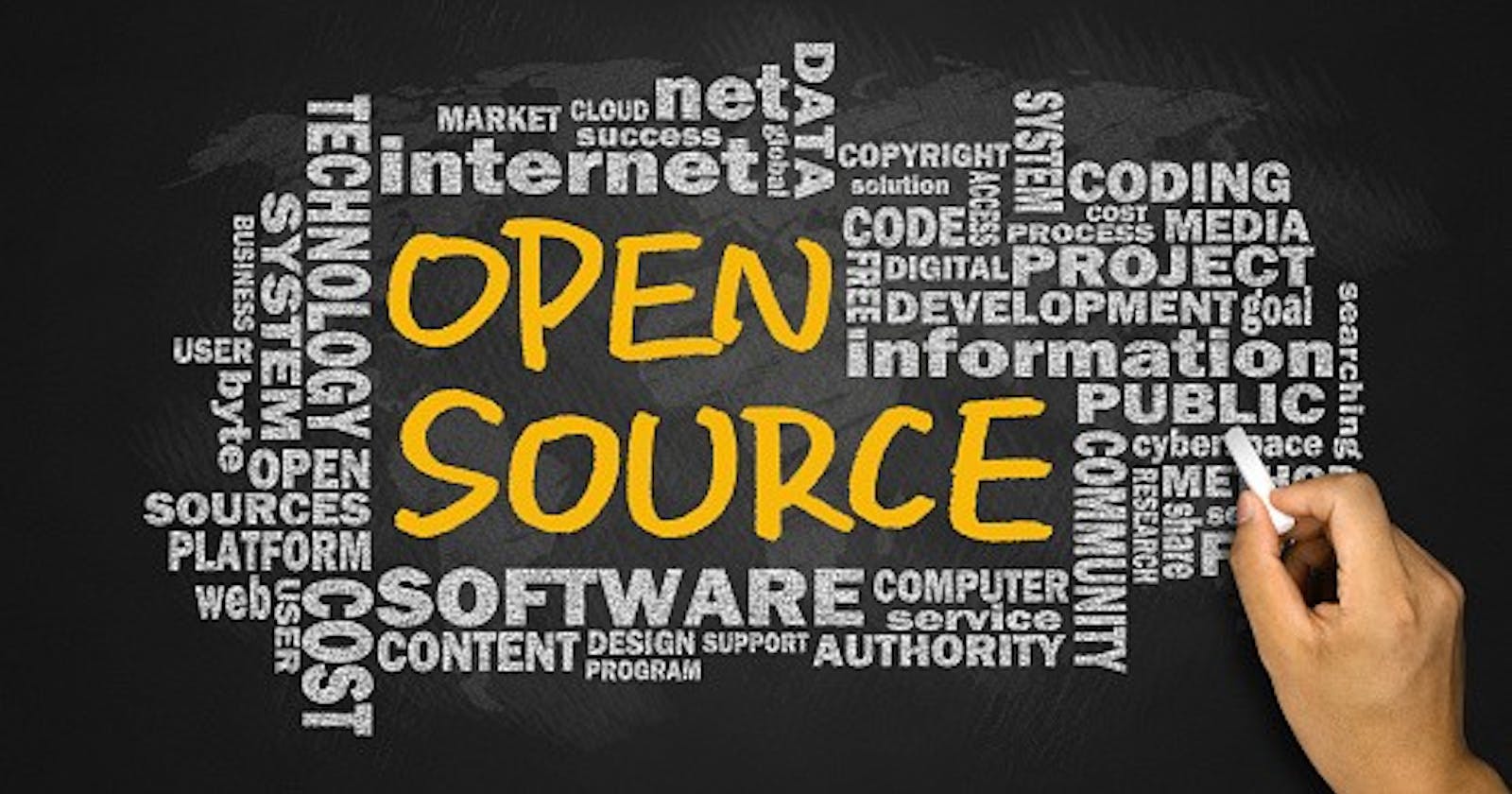Join the FOSS Revolution
FOSS stands for Free and Open Source Softwares
What is Open Source Software?
Today, for many software developers worldwide, open-source software is revolutionizing their work. It's not just another way to code software - it represents a whole new philosophical approach to IT development.
Open-source development gives rise to thousands of high-quality, powerful tools that are quick and easy to use. With open-source, you could be developing your company's latest game or best marketing campaign in days instead of months.
Formal explanation: Refer - Tutorials Point
A software whose source code is freely distributed with a license to study, change, and further distributed to anyone for any purpose is called open source software.
Dedicated programmers improve upon the source code and share the changes within the community
Open source software provides these advantages to the users due to its thriving communities:
- Security
- Affordability
- Transparent
- Interoperable on multiple platforms
- Flexible due to customizations
- Localization is possible
Many apps are free but not exactly opensource. Let's understand the terms like Freeware and Shareware.
Freeware
- Available free of cost for use and distribution
- Cannot be modified
- Source code is not available
- Example of freeware:
- Adobe Acrobat PDF Reader
- Spotify
- Airbnb
Shareware
- Initially free and can be distributed
- Needs to be paid for after a stipulated period of time
- Source code not available
- Example: Win RAR
What is Free Software?
“Free software” means software that respects users' freedom and community. Roughly, it means that the users have the freedom to run, copy, distribute, study, change and improve the software. Thus, “free software” is a matter of liberty, not price.> - gnu.org
Think of it as free software on steroids.
Open-source software originated in software development circles around the late 1980s and early 1990s, but its current level of maturity represents a huge leap forward. Today's open-source approaches focus on giving nonprogrammers new tools to develop cohesive, efficient solutions to business problems. They allow organizations to use the best tools possible without worrying about what they cost or who owns them. What's more, these tools are being developed by people from various backgrounds, from junior developers to senior management teams - even though few of them have ever worked with the tools being created.
Development is being driven by a quality assurance process that's tighter than ever before, as developers leverage each other's work to build the best possible solutions - improving their own tools along the way. Combined with open-source software, these new approaches will help your organization solve more of its business problems.
It's not just another way to code, and it won't be for a long time: "This is like free software on steroids. This isn't just a technology; this is a whole new approach to IT development," says one industry analyst.
Why Do Businesses Choose Open Source? Open-source software exists in two forms: free and freely licensed (also known as open). The difference is that open-source contains source code or the programming instructions and specifications needed to build the software. Source code is technical and usually readable by humans, but not always. The term "open source" is used when you can also download the work in machine-readable form for computers.
Software development teams tend to favor one or both of these approaches to be more efficient and manageable.
Refer: Wikipedia_FOSS
FOSS benefits over proprietary software:-
- Personal control, customizability, and freedom
- Privacy and security
- Low costs or no costs
- Quality, collaboration, and efficiency
Some privacy-centric FOSS alternatives that are better than mainstream apps: Credit: techlore
- Bitwarden (Password Manager)
- Brave (Browser, Search, Talk, etc.)
- Signal (Messenger)
- Onion Share (File Sharing)

